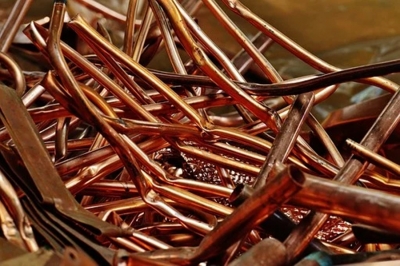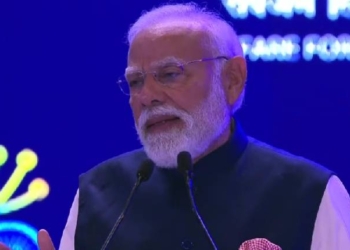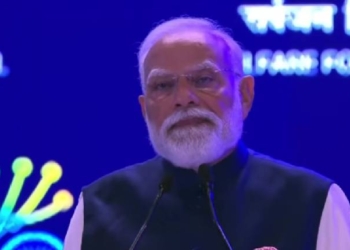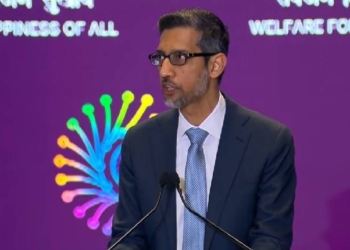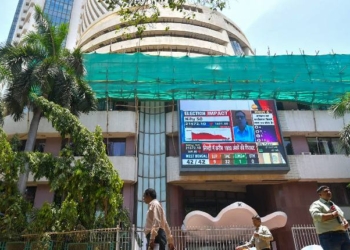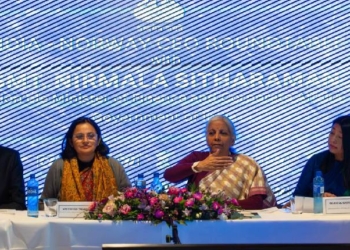New Delhi: India’s demand for copper surged by 9.3 per cent to 1,878 kilo tonnes (KT) in FY25 due to the strong growth in large-scale infrastructure projects, building construction, clean energy transition and durable consumer goods which use the metal as an essential input, according to a release by the International Copper Association India (ICA India) on Wednesday.
The country’s copper demand stood at 1,718 kilo tonnes in FY24 (1 kilo tonne equals 1,000 tonnes).
According to ICA India, the building construction and infrastructure segments remained the strongest contributors, registering annual growth of 11 per cent and 17 per cent, respectively.
The renewable energy sector also posted one of the highest yearly capacity additions, while consumer durables demand surged 19 per cent, fuelled by record sales of air conditioners, fans, and other appliances.
The automotive sector, which includes electric vehicles (EVs), recorded a five per cent overall increase, particularly two- and three-wheelers registering a double-digit 16 per cent rise, underscoring copper’s vital role in clean mobility. The industrial motors segment grew by 12 per cent.
“India’s copper demand trajectory mirrors the country’s economic and industrial momentum. Policies aimed at promoting renewable energy, sustainable mobility, and infrastructure development have fuelled copper demand, emphasising its role as a critical resource for the nation’s growth. However, it is important to ask: Is the current pace of copper demand growth sufficient to meet the nation’s long-term Developed India (Viksit Bharat) @2047 agenda?” ICA India Managing Director Mayur Karmarkar said.
To ensure future growth and resilience, India must proactively plan for building functional copper reserves and strengthening domestic supply chains. India must accelerate its copper adoption to build its in-use functional reserves or above-ground mines until the country reaches developed economy status, he said.
“The role of end-user sectors, including infrastructure, clean energy and mobility, will remain central, but there is also a need to enhance domestic copper fabrication capabilities and promote import substitution strategies. This will be essential for sustaining India’s development ambitions and ensuring that copper continues to power the nation’s progress,” Karmakar added.
(IANS)




